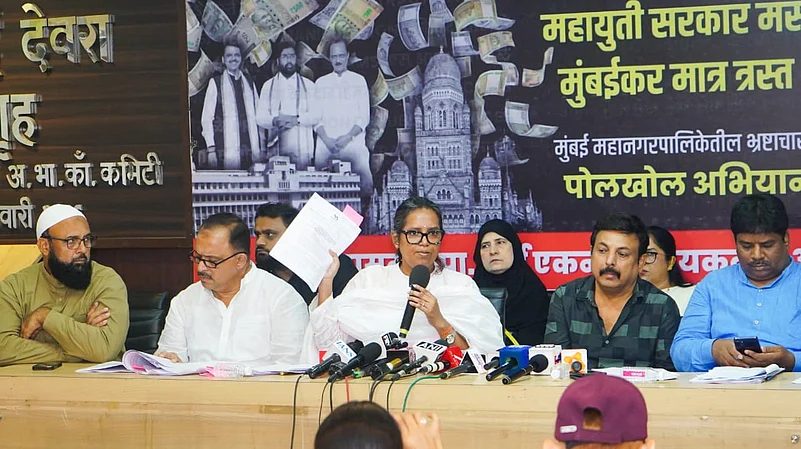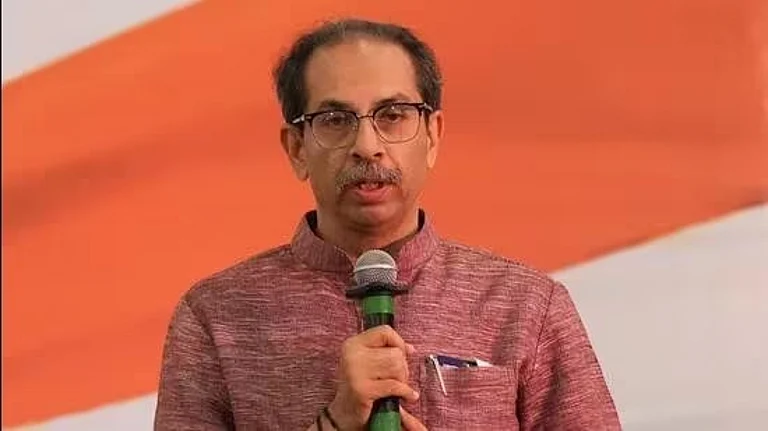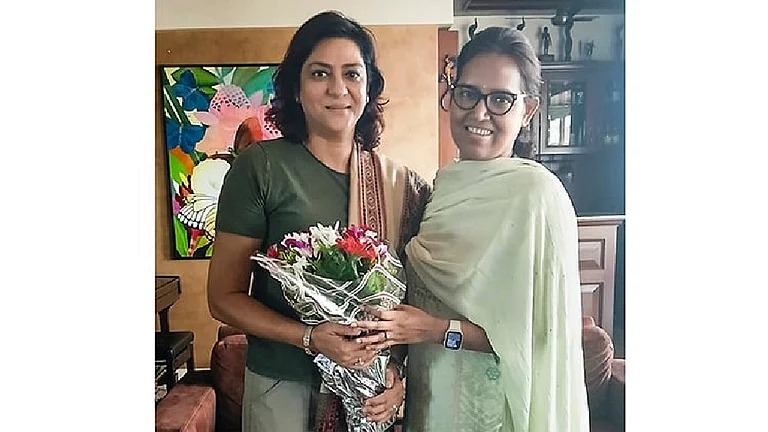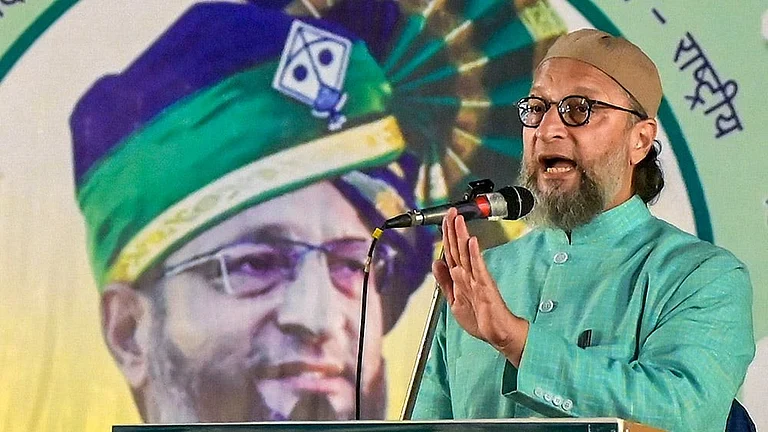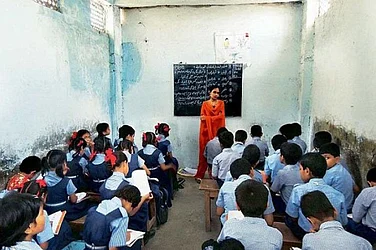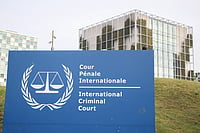
- The Maharashtra government’s notification allows private builders to undertake SRA projects on public land in Juhu, sparking outrage over threats to Mumbai’s Development Plan.
- Despite earlier BMC findings that the Juhu SRA scheme violated rules and was against public interest, the civic body has now cleared the project for Mahadev Realtors.
- Documents show the builder’s request was processed overnight in April 2025 and cleared within weeks, raising questions over why a long-opposed proposal was suddenly fast-tracked.
The Maharashtra government has come under sharp criticism after its Urban Development Department issued a notification allowing private builders to take up Slum Rehabilitation Authority (SRA) projects on vacant or built civic and government-owned lands reserved for public purposes in Juhu and surrounding areas.
Congress leader Varsha Gaikwad, addressing a press conference on September 22, alleged that the move effectively hands over public land meant for amenities and recreation to builders, undermining Mumbai’s Development Plan and threatening every designated public space in the city. She further accused the government of bypassing the mandatory public objections process by invoking Section 154(1) of the Maharashtra Regional and Town Planning Act, 1966, directing the Brihanmumbai Municipal Corporation (BMC) to implement the order before granting final sanction.
“The fortunes of the Juhu plot changed for the worse immediately after the fall of the MVA government,” Gaikwad said. She highlighted that while the BMC commissioner’s office has now cleared the proposal to declare the Juhu plot a slum and allow Mahadev Realtors to construct an SRA project, the same office had opposed the plan in June 2022 and revoked the no-objection certificate (NOC) originally issued in 2009 to Darshan Developers.
At the time, then municipal commissioner Iqbal Singh Chahal argued that the NOC violated Development Control (DC) regulations and was not in public interest. Acting on his directions, the BMC wrote to the SRA on June 27, 2022, asking for the NOC to be revoked.
The BMC had also maintained that the proposal breached Section 13(2) of the DC rules, noting that the plot had been disposed of without the mandatory consent of the Improvements Committee. An internal vigilance report had further ruled that the SRA proposal was neither in the civic body’s interest nor in larger public interest.
Documents show that nearly every concerned BMC department and official had opposed the SRA scheme on the Juhu plot and sought cancellation of what was described as a fraudulent NOC, a process that eventually took over 13 years.
“With so much opposition recorded on file, the question is why a proposal once deemed illegal, fraudulent, and against public interest has suddenly become acceptable now,” Gaikwad asked.
Gaikwad further alleged that the revival of the controversial Juhu plot proposal was pushed through with unusual speed. She pointed out that on April 8, 2025, Mahadev Realtors wrote to Municipal Commissioner Bhushan Gagrani, seeking restoration of a previously revoked consent NOC originally issued on March 4, 2009, which had declared the BMC plot a ‘slum’ and allowed Darshan Developers to develop it under an SRA scheme along with adjoining plots.
“While ordinary citizens wait months or even years for responses to their applications, the builder’s request was processed overnight,” Gaikwad said. Records show that on April 9—just a day after the builder’s letter—Gagrani wrote on the file: “Please get this verified and submit for orders.” She claimed that even basic errors, such as the incorrect subject line in the builder’s letter, were overlooked in the rush.
According to the documents, builder representatives then held meetings on April 28 and May 6, 2025, with Deputy Municipal Commissioner (Solid Waste Management) Dr. Kiran Dighavkar, where it was decided to accept Mahadev Realtors’ proposal. Dr. Dighavkar’s office subsequently moved a formal proposal on June 9, which was cleared by Gagrani’s office within four days, on June 13, 2025.
“In other words, what was once considered a fraudulent and unacceptable proposal was revived and approved with lightning speed, in sharp contrast to the prolonged scrutiny and rejection it had faced earlier,” Gaikwad said.







